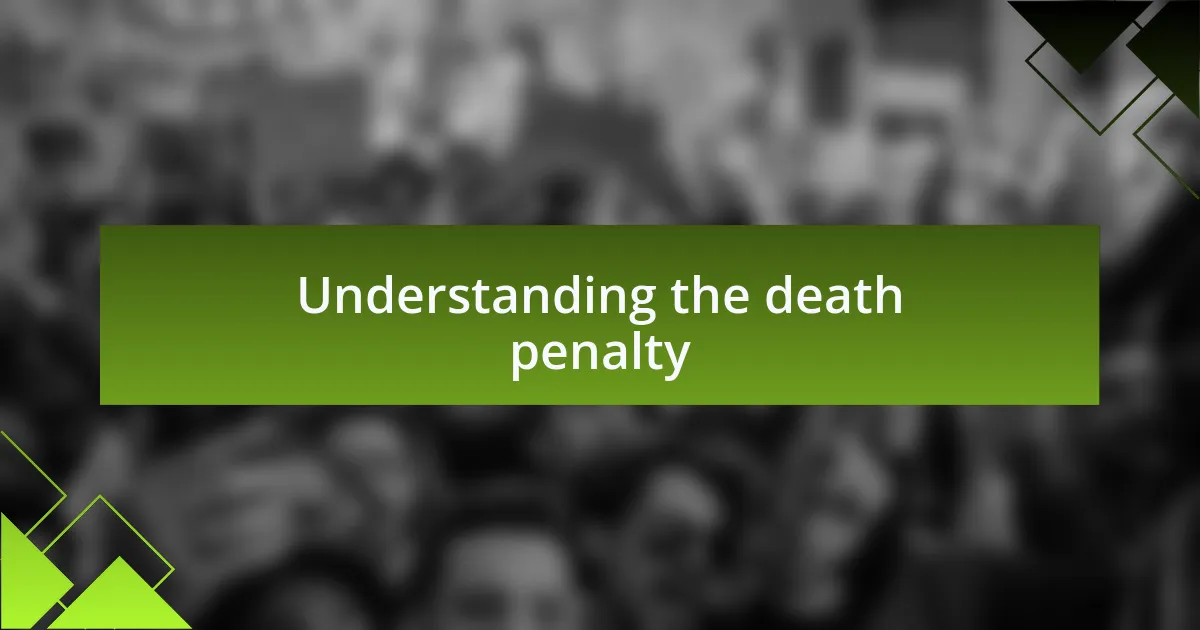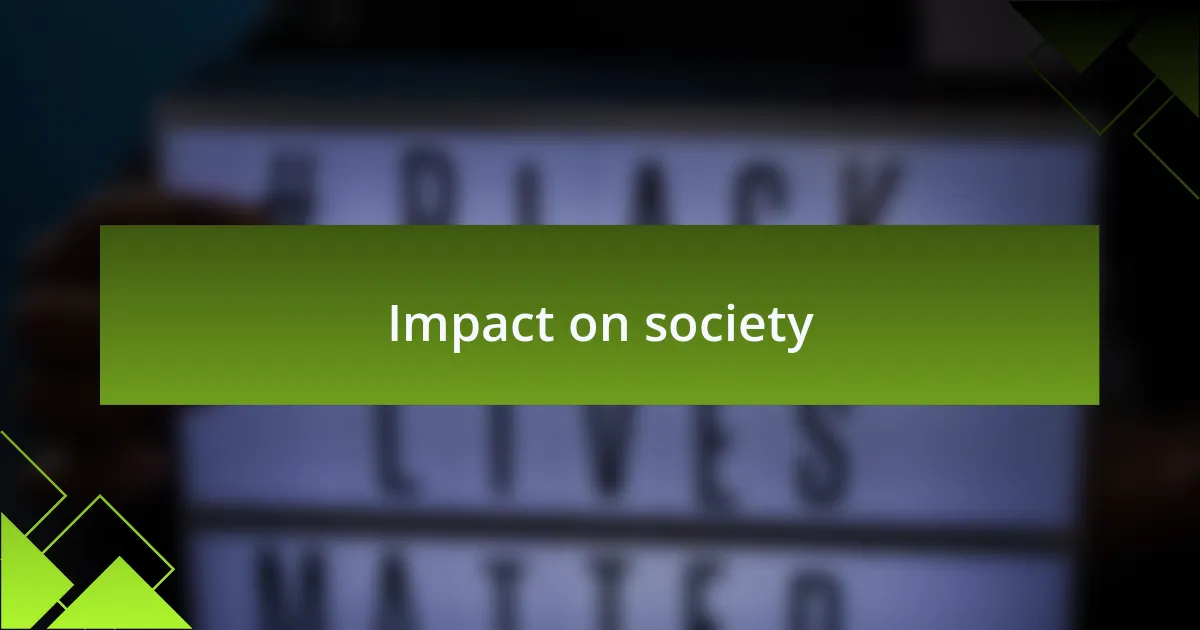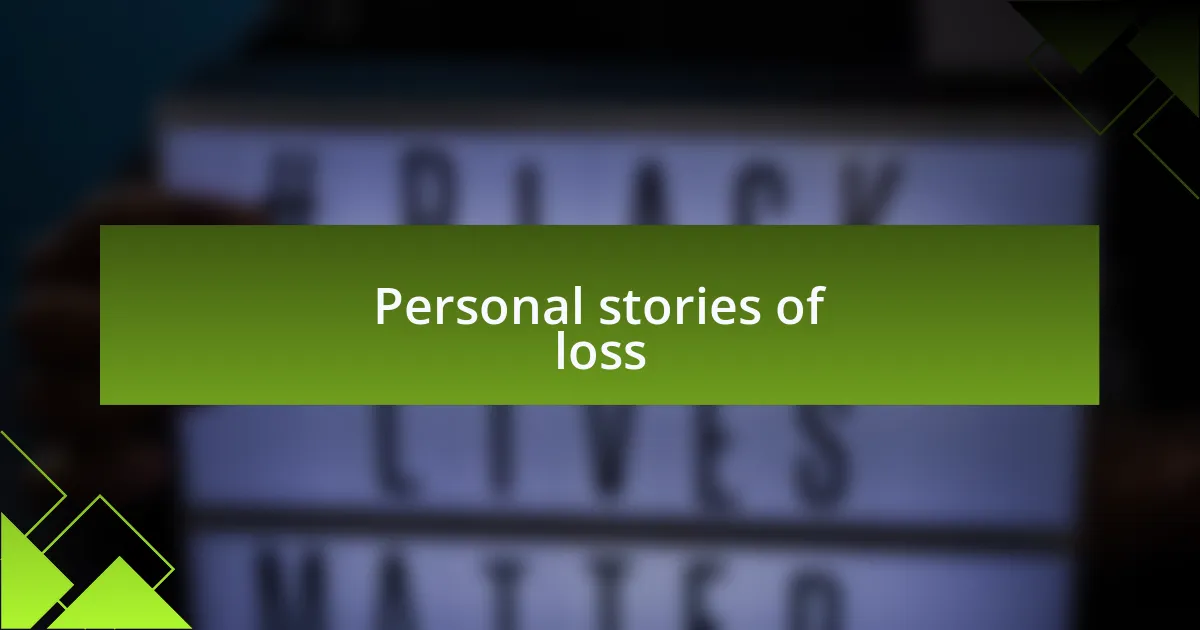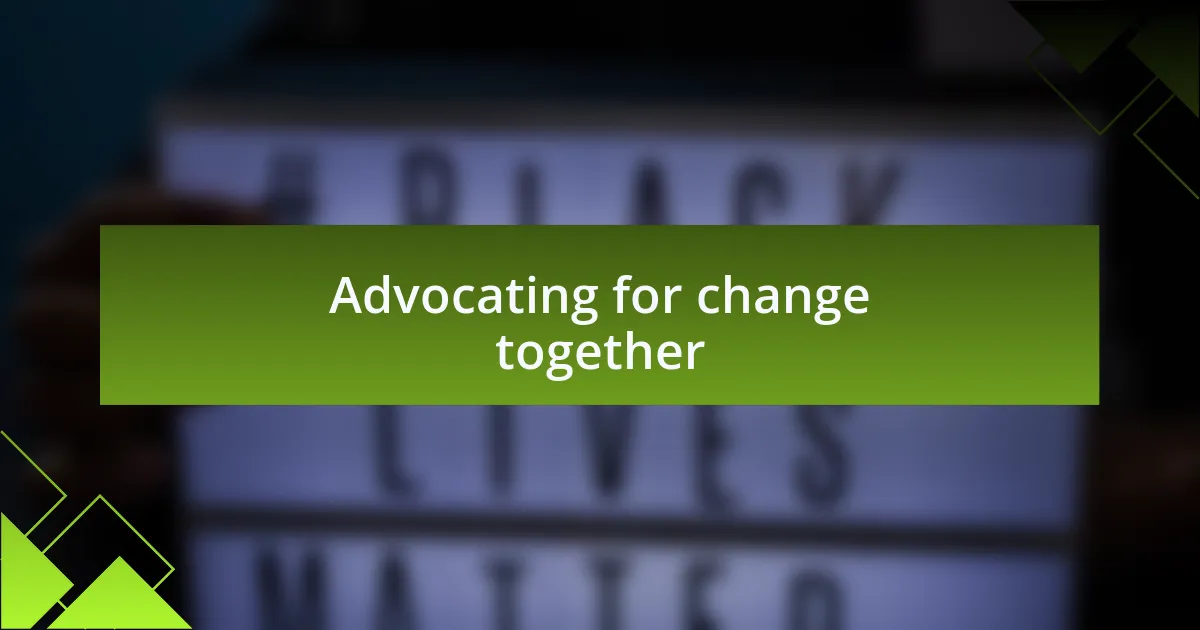Key takeaways:
- The death penalty raises complex moral questions, particularly regarding its effectiveness in providing closure and healing for victims’ families.
- Many families of murder victims express that capital punishment does not satisfy their search for peace, instead yearning for dialogue and restorative justice.
- The societal acceptance of the death penalty creates divisions and perpetuates a culture of fear and grief, hindering healing and dialogue within communities.
- Advocacy for change is emerging among families who have suffered, focusing on transforming grief into a collective pursuit for justice and meaningful change beyond retribution.

Understanding the death penalty
The death penalty, often seen as a resolution to heinous crimes, is steeped in complex emotions and moral questions. I remember a conversation with a victim’s family member who voiced an unexpected perspective. They shared, “I don’t want revenge; I want peace.” This made me ponder: is capital punishment really a form of justice, or does it perpetuate a cycle of pain?
Moreover, examining the implications of the death penalty reveals its profound impact on families left behind. Picture this: a parent grieving a lost child, yet another family torn apart by the execution of the convict. When I listen to stories like these, I can’t help but ask, what true closure can come from ending a life? It feels as though deeper healing remains unaddressed, often overshadowed by the pursuit of retribution.
In many ways, understanding the death penalty challenges us to consider its effectiveness and morality. I recall a victim advocate passionately discussing how restorative justice could provide a more meaningful resolution. This proposal leads me to wonder: can we foster healing and accountability without resorting to such irrevocable measures? The answers may lie in the narratives of those directly affected, urging us to reflect on what justice truly means.

Impact on society
The societal effects of the death penalty extend well beyond the courtroom, penetrating the very fabric of communities. I think about how a society that endorses capital punishment sends a chilling message about the value of life. When I walk through neighborhoods scarred by violence and loss, the pervasive grief reminds me that every execution is yet another reminder that healing remains elusive. How can we foster a culture of life when we seem to condone death as a resolution?
As I engage in conversations with community members, many express a palpable sense of fear and division engendered by our legal system’s harshest penalties. Some individuals I’ve spoken with feel that the death penalty creates an “us versus them” mentality, alienating those who support it from those who share the loss. This division often hinders open dialogue about healing and reconciliation, leaving communities fragmented and in pain. Is it possible that our quest for justice is overshadowed by a desire for punitive measures rather than holistic healing?
Additionally, the emotional toll of capital punishment resonates with those who aren’t directly involved, influencing perceptions of justice and morality. I recall a neighborhood vigil held for victims of violence; families came together, united in grief yet divided over the death penalty. Observing their struggle made me question whether these shared experiences of loss could lead to greater empathy, pushing us toward alternative forms of justice that promote genuine healing. How can we move toward understanding and peace when our society remains so polarized over retribution?
Perspectives of victims’ families
In my conversations with families of murder victims, a common thread emerges: the belief that the death penalty doesn’t provide the closure they seek. I remember chatting with a mother who lost her son tragically. She shared that she feels no sense of solace knowing the perpetrator faces death. Instead, she finds herself yearning for a dialogue about forgiveness and the possibility of redemption. Can we truly heal when our focus is solely on retribution?
Many families experience a profound isolation in their grief, feeling pushed into divisive stances regarding the death penalty. I recall a poignant gathering where families shared their stories; while one family advocated for capital punishment, another sought restorative justice. The stark contrast in their views highlighted a painful reality: grief can manifest in ways that separate rather than unite. Why does our quest for justice often erect barriers between those who should stand together in their sorrow?
The emotional landscape for victims’ families is not just about justice; it’s about navigating the aftermath of violence in a way that honors their loved ones. In discussions, I’ve observed individuals expressing a desire for their losses to drive meaningful change rather than further cycles of violence. One father mentioned how he hopes to be an advocate for mental health support for grieving families. Isn’t it worth considering how we can remember victims in ways that inspire peace rather than perpetuating a cycle of retribution?
Emotional effects on victims’ families
The emotional effects on victims’ families often intertwine with feelings of anger, guilt, and despair. I recall speaking with a father who lost his daughter to violence. He conveyed an overwhelming sense of helplessness, grappling with the belief that he could have somehow prevented her death. It made me wonder, how can someone cope with such profound loss while battling their own emotions?
Many families also struggle with the societal expectations around their grief. I remember a woman sharing her experience at a support group, feeling pressured to advocate for the death penalty as a way to validate her pain. This pressure can compound their suffering, leading to a sense of obligation that overshadows their personal healing journey. Why is it that the path toward individual healing is often overshadowed by public perceptions of justice?
Moreover, the aftermath of the loss can provoke feelings of disconnection from the world. I once met a sibling who felt alienated from friends and family after her brother was murdered. She described a profound longing for understanding, yet, at times, felt trapped in her grief. This highlights a pressing question: how can we create spaces for these families that honor their pain while fostering connection and support?

Personal stories of loss
The stories of loss I have encountered often portray an intense and intimate struggle. I remember a woman who revealed how she found herself looking at her late son’s empty chair during family dinners. Each glance at that chair brought waves of sorrow, forcing her to confront the void left behind. How does one navigate the unrelenting reminders of a loved one who is no longer there?
Then there’s the story of a man whose brother was suddenly taken from him in an act of violence. He spoke of how every milestone—birthdays, graduations—felt hollow without his brother’s participation. The hollow celebration underscored a deeper truth: how do we celebrate life when a part of us is missing?
In another conversation, a mother shared how, after the loss of her child, she struggled to find her place in a world that seemed to move on without her. She felt as if she was living in a slow-motion reel while everyone else sped by. This raises a painful question: what happens to our identities when the very essence of love we knew is extinguished so abruptly?

Advocating for change together
Advocating for change requires a collective voice that resonates with our shared experiences. I vividly recall speaking with a group of survivor families, where each person’s testimony became a puzzle piece of grief and hope. As we shared our stories, a sense of unity emerged; it was clear that we were not just individuals but a community unified in the pursuit of justice and meaningful change.
In these discussions, I often wonder: what if our collective pain could foster a more compassionate dialogue about justice? One mother recounted how she found solace in advocacy, channeling her loss into action that could help others. It struck me then that transforming grief into a commitment for change not only honors our loved ones but also ignites a fervor to challenge systemic issues, including the death penalty.
Together, we rally to amplify our voices, urging society to reconsider the path we tread. I remember a father who, despite his heartache, expressed a powerful desire to engage lawmakers directly, believing that personal stories could shift perspectives on capital punishment. It’s moments like these that remind me of the strength in unity; when we advocate together, our voices have the potential to inspire real change.